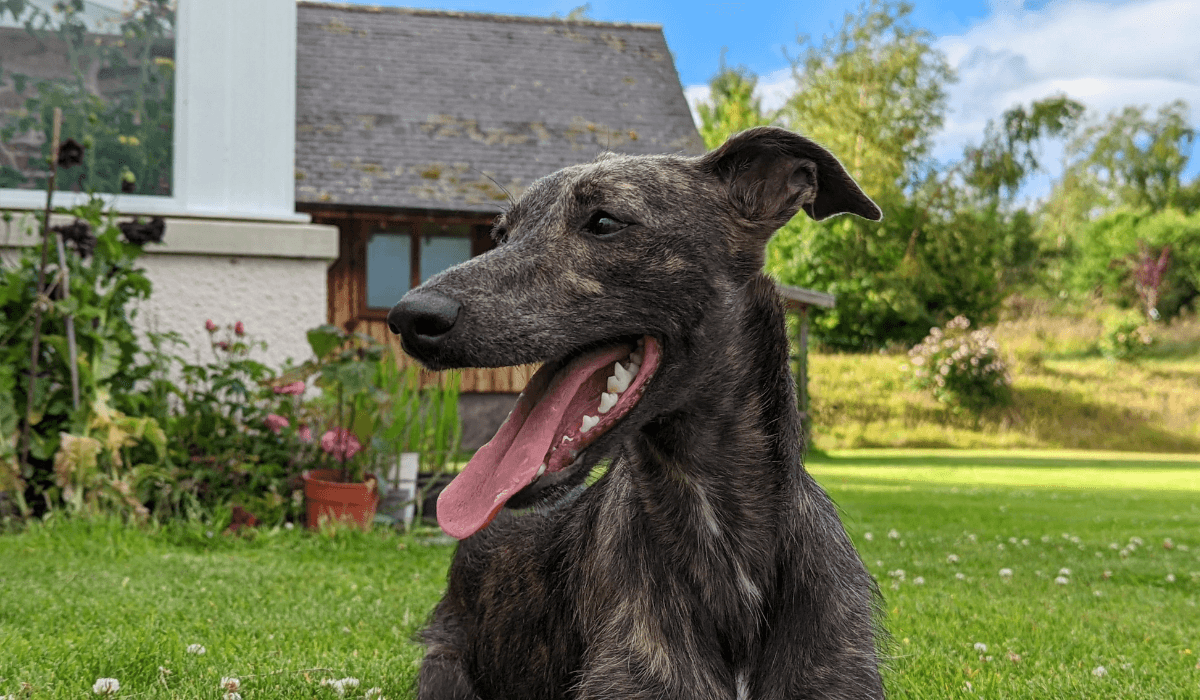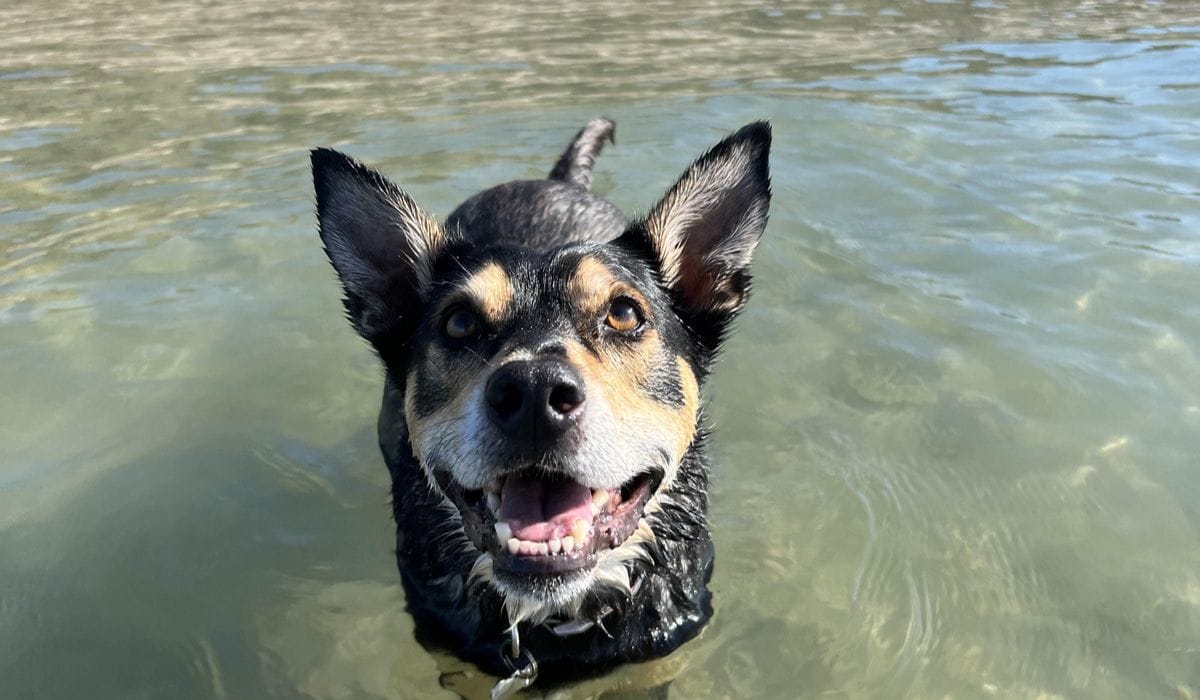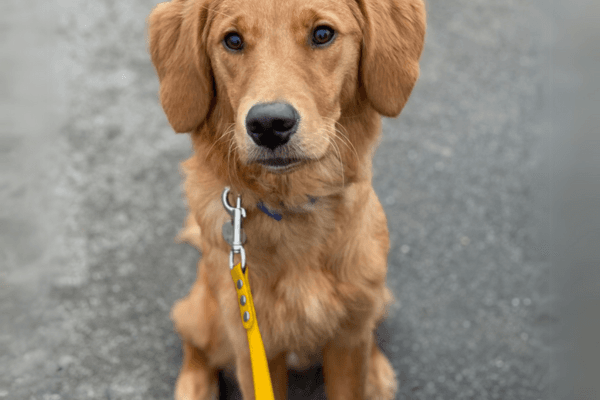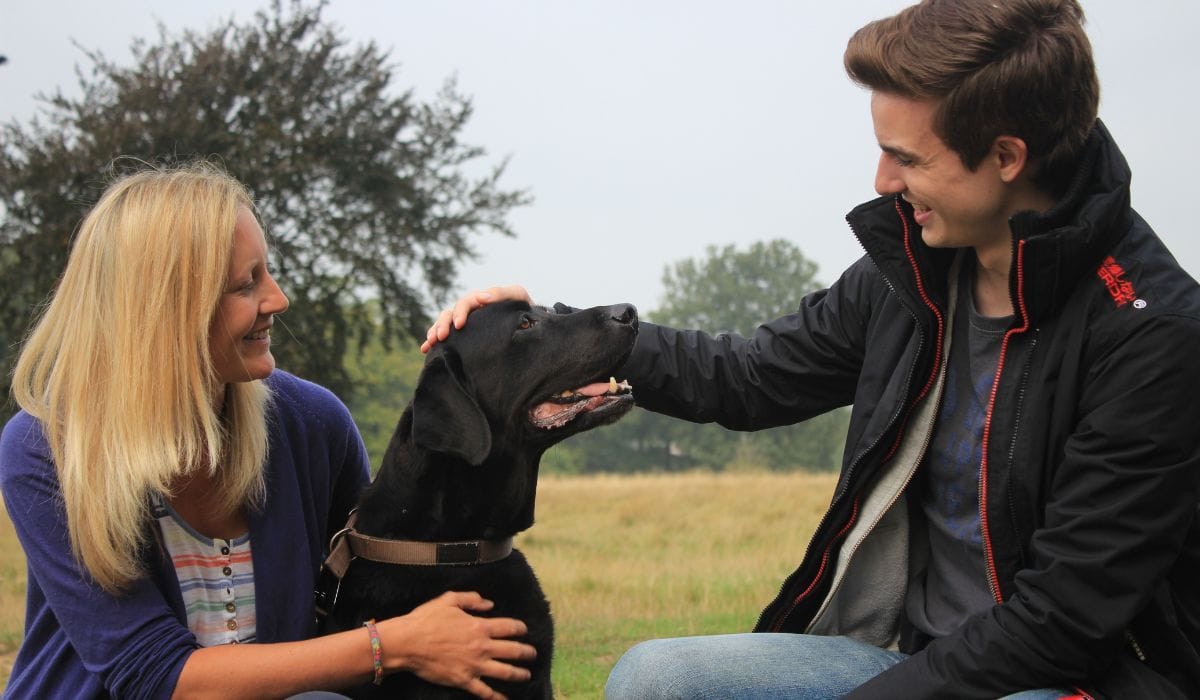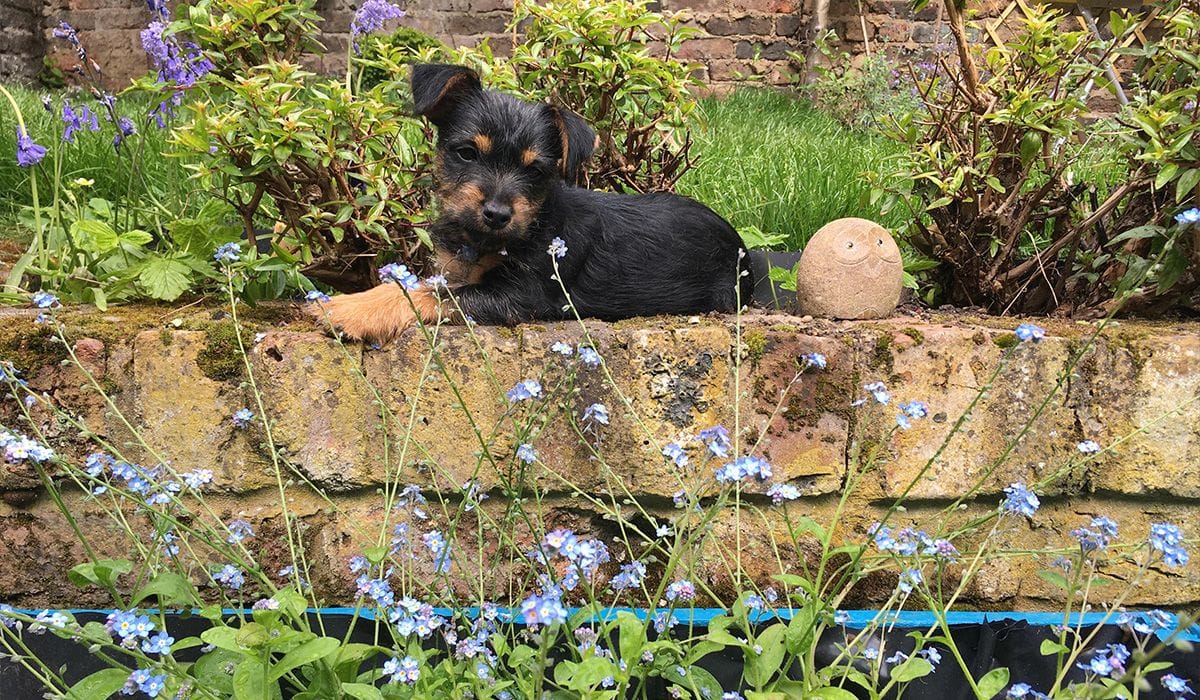All dog's love spending time in the garden but it's important that we create both a fun and safe garden for our fuzzy friends to romp around in. So here are a few tips from our friends at Vets Now to help sure your garden is dog proof.
The best way to protect your garden and dogs is by designing a pet-friendly garden. Raised beds and clearly designed pathways help to keep dogs out of the flowerbeds and protect the more delicate plants. For areas where the dogs (and children) will be letting off steam choose tougher more hardy plants or shrubs that can withstand a bit of battering.
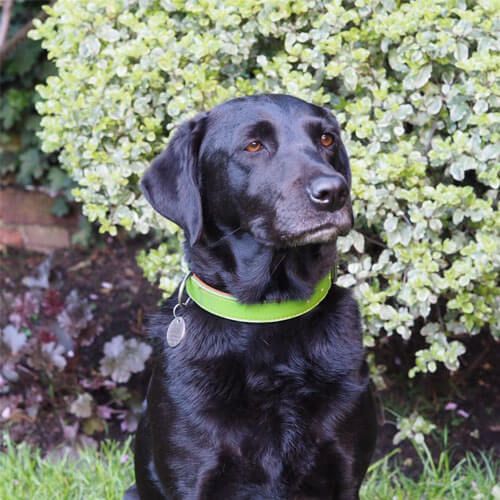
Ensure your fencing is secure with no gaps or holes to prevent your dog escaping. Look at your pet’s habits too – are they a digger? If so, why not give them an area that is OK for them to dig in and encourage them to use this area instead by hiding toys or treats in it, rather than the lawn or under a fence.
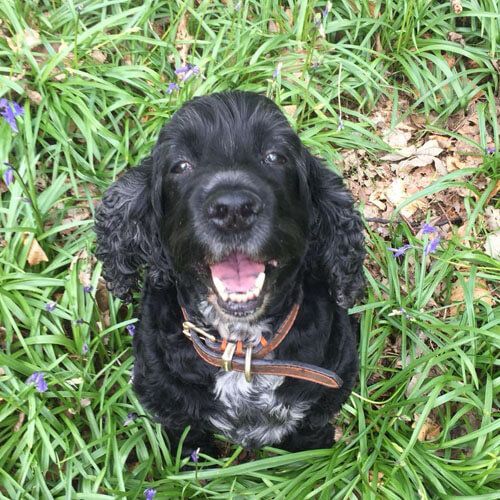
The main dangers for your pup come from chemicals and fertilisers, so try and reduce your use of these products – it is better for the wildlife in your garden too. Slug pellets (metaldehyde) is the most common poisoning vets see.
Some plants can be toxic to animals. Common plants that are toxic include: crocuses, azaleas, bleeding heart (dicentra), box, bluebells, broom, cyclamen, daffodils, dieffenbachia, hyacinth bulbs, mistletoe, yew, onions and rhubarb. Although most plants are not attractive to pets, puppies are especially inquisitive and dogs can chew on sticks when you are pruning.
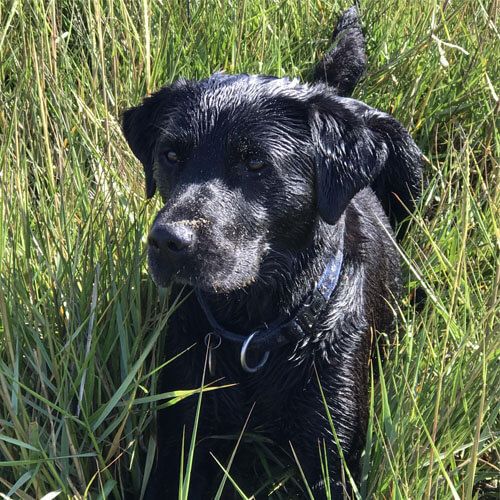
Mulches – cocoa mulch is toxic if eaten and has the same effect as chocolate. So make sure to keep this out of your dog's way.
Be careful with your compost heap as mouldy food can make your pet quite ill so ensure your dog cannot access your compost heap for a quick snack.
Safe Garden Checklist
- Clear pathways
- Raised flower beds
- Secure fencing
- Store fertilisers in a safe place
- Identify toxic plants
We hope these tips help create a safe and fun garden for you favourite dog to play in.
This article is for information only, and should never replace any advice, diagnosis or treatment from your veterinary surgeon. Always contact your local vet or out of hours vet without delay if you have any concerns about your dog.
Further info on poisonous plants to dogs
Garden plants poisonous to dogs
What to do if your dog has food poisoning
Preventing herbicide poisoning in dogs
Spring tips to keep your doggy safe
Protecting your dog from pests and insects
Foods your dog can and can’t eat
10 springtime hazards for dogs
Christmas foods to keep away from your dog
Dog poo colours: what do they mean?
